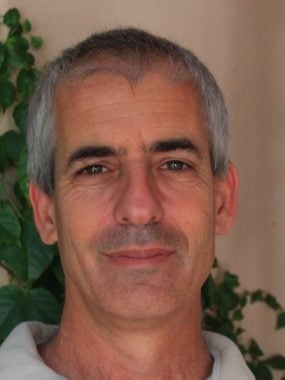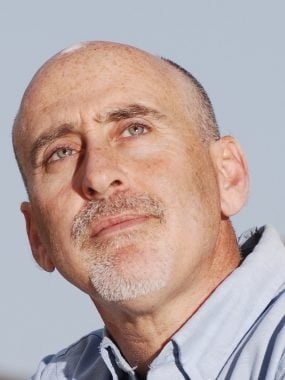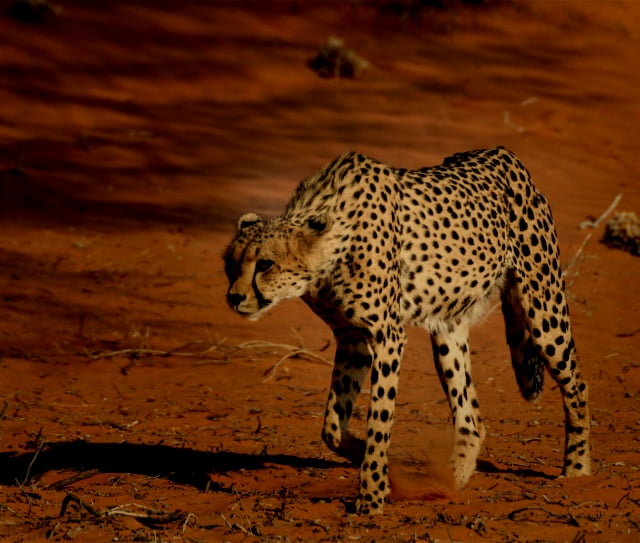We see to it that every citizen of the world has a voice in saving our planet Earth.
You donate, you vote, we buy threatened critical habitats to protect them forever.
Who we are
An incredible collection of scientists, activists, donors, and supporters make this non-profit possible. In addition to our passionate members and our expert Board of Directors, we have a Scientific Advisory Committee of esteemed academics, numerous gifted volunteers who help keep TiME running, and hundreds of generous patrons who provided the organization with its initial funding.
This is My Earth is a non-profit, international environmental organization founded in 2016 that offers every citizen of the world an opportunity to protect biodiversity for as little as $1 a year.
This is My Earth provides a global, transparent, and democratic platform for anyone and everyone to help preserve biodiversity.
Members, like you, make an annual donation and vote on which threatened habitat they want to save! At the end of the year, we allocate 100 percent of TiME’s crowdfunded donations according to the relative number of votes each project earned.
5,017
TiME members around the globe
40
Countries represented by TiME members and volunteers
1
Planet Earth
Citizens around the world are using their voices to say “This is My Earth”.
 Founders
Founders
Professors Uri Shanas and Alon Tal, respectively of University of Haifa-Oranim and Tel Aviv University, founded TiME to create a transparent and democratic conservation network on an international scale. Through TiME, they promote activism, educate the global community, and enable members and local groups to protect lands in biodiversity hotspots around the world.

Professor Uri Shanas
University of Haifa–Oranim
“I believe that if we allow every citizen of the world to participate in saving our most
precious lands we will be able to address both species extinction and climate change.”
Uri Shanas received a PhD in zoology from Tel Aviv University in 1996. After completing a postdoctoral fellowship at Columbia University, he joined the Department of Biology and Environment at the University of Haifa–Oranim, Israel, where he served as head of department between 2009 and 2013. Prof. Shanas has published over 50 papers in scientific peer-reviewed journals. He was a visiting academic at Massey University, New Zealand, in 2007 and at Portland State University in the 2014/15 academic year. Shanas co-established the Israel Union for Environmental Defense and serves on the governmental Israel Nature and Parks Authority. He leads the expert committee of Israel’s Green Movement Party and has served on various committees including the board of directors of the Society for the Protection of Nature in Israel, UNESCO’s Man and the Biosphere Programme and the Long Term Social and Ecological Research Network. Contact: [email protected]

Professor Alon Tal
Tel Aviv University
Professor Alon Tal is an environmental policy researcher and activist. His research involves water management, forestry, population policy and the environment. Currently a faculty member at Ben-Gurion University of the Negev, Tal has held appointments at the Harvard School of Public Health, the University of Otago, New Zealand, Michigan State University and Stanford University. He also founded the Arava Institute for Environmental Studies and the Israel Union for Environmental Defense. Tal served as national delegation chair at the UN Convention to Combat Desertification and chaired the committee that oversaw Israel’s forestry policy between 2006 and 2015. He sits on the board of several environmental groups, including EcoPeace Middle East and KKL-JNF.
Why
Tropical rainforests disappear at a rate of 5,400 square meters per second. With increasing urbanization, industrialization, and agricultural expansion, our own human development endangers habitats and species. To protect our planet’s rich natural environment without hindering human progress, land acquisition and protection provides the best solution for preserving Earth’s amazing biodiversity hotspots.
TiME operates differently than your average conservation NGO. We’re a democratic organization: each member receives a vote to help decide which threatened habitats they want TiME to purchase and protect. We strongly value financial transparency, contributing 100 percent of all crowdsourced donations to purchasing and protecting lands. To achieve this outstanding financial effectiveness, we operate through the generosity of volunteers, organizations, and foundations who provide their time and skills pro bono.
Democratic: each member receives a vote to help decide which threatened habitats they want TiME to purchase and protect.
Transparent: we strongly value financial transparency, contributing 100 percent of all crowdsourced donations to purchasing and protecting lands.

Volunteer-driven: to achieve this outstanding financial effectiveness, we operate through the generosity of volunteers, organizations, and foundations who provide their time and skills pro bono.
Organization Targets

Organization Target
ACTIVISM
TiME engages people from all countries to protect biodiversity hotspots. Every person is involved, not only by donating but also by voting and campaigning for their favorite conservation project. TiME is run on a voluntary basis, and everyone can become a member and contribute to its success.

Organization Target
EDUCATION
TiME has developed its own curriculum to teach kids about biodiversity hotspots and conservation.

Organization Target
DEMOCRACY
Every member of TiME receives a single annual vote, regardless of donation amount. By providing a full democracy among its members, TiME becomes a tool for promoting democratic principles around the world.
Why is environmental conservation important?
Environmental conservation protects species’ habitats and biodiversity. It helps to maintain the health of ecosystems for the sake of humans and all other species that share the biosphere.
What happens to land when
TiME buys it?
All lands acquired by TiME are given to indigenous peoples working in
collaboration with local conservation organizations to protect the land.
